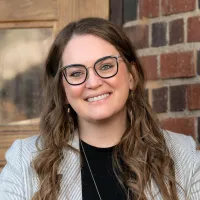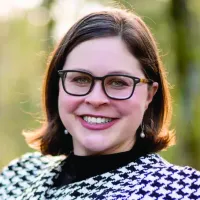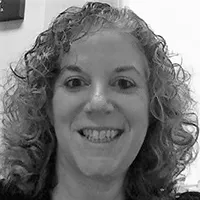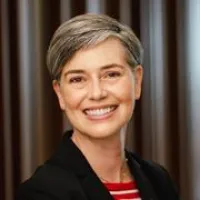Redesigning Legal: Redesigning How We License New Lawyers
As part of our Redesigning Legal Speaker Series, on July 28, IAALS and its partners explored alternative lawyer licensing programs, how they differ from the current bar exam, what some jurisdictions are already testing, and how these alternatives might impact the profession.
The licensure process demands an extra measure of competence and dedication from individuals before entering the legal profession, with the bar exam being the predominant pathway in almost all states. But recently, many in the profession are asking whether we can improve our traditional system by building upon new data, adapting to new challenges, and redesigning how we license new lawyers.



